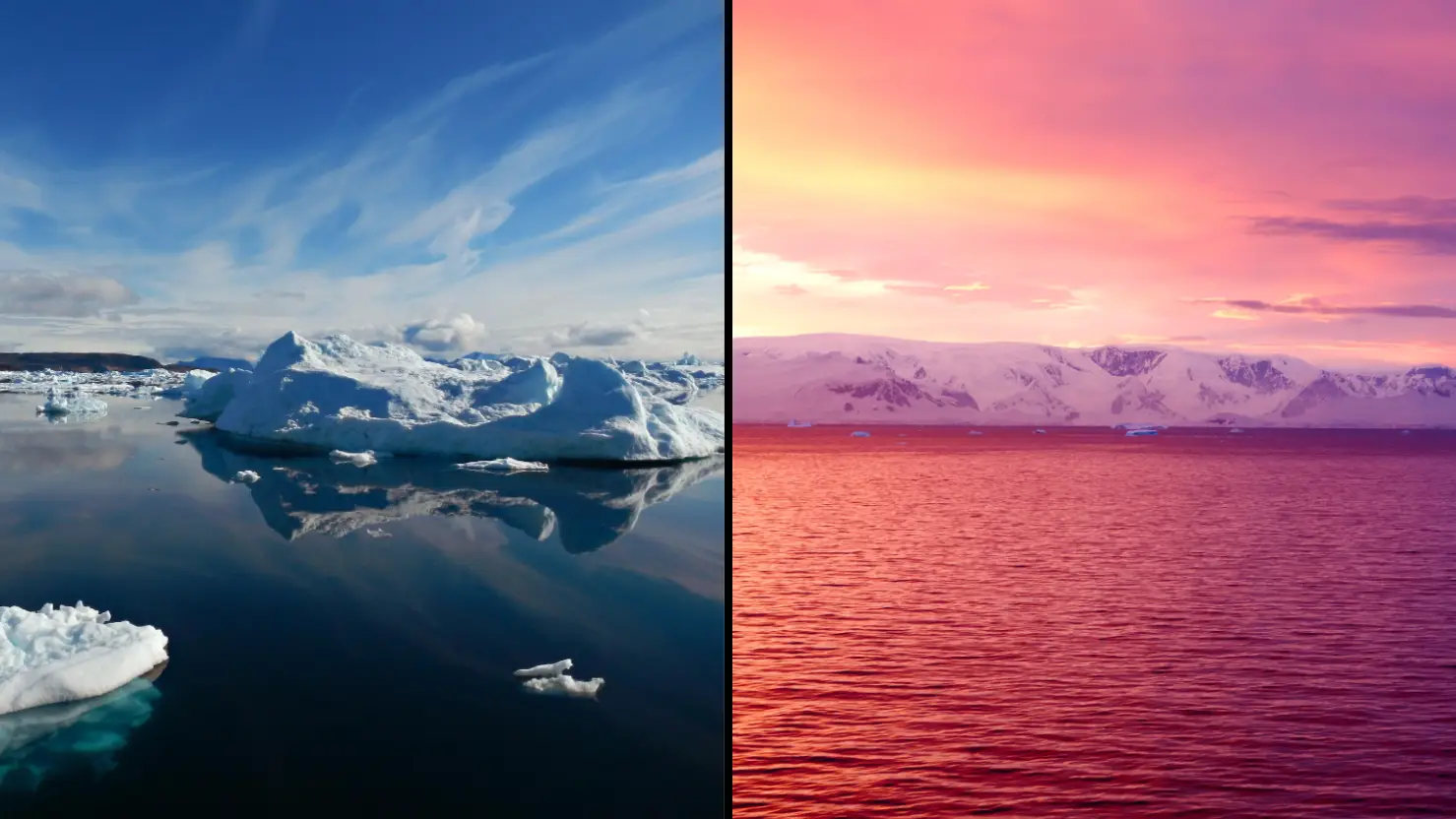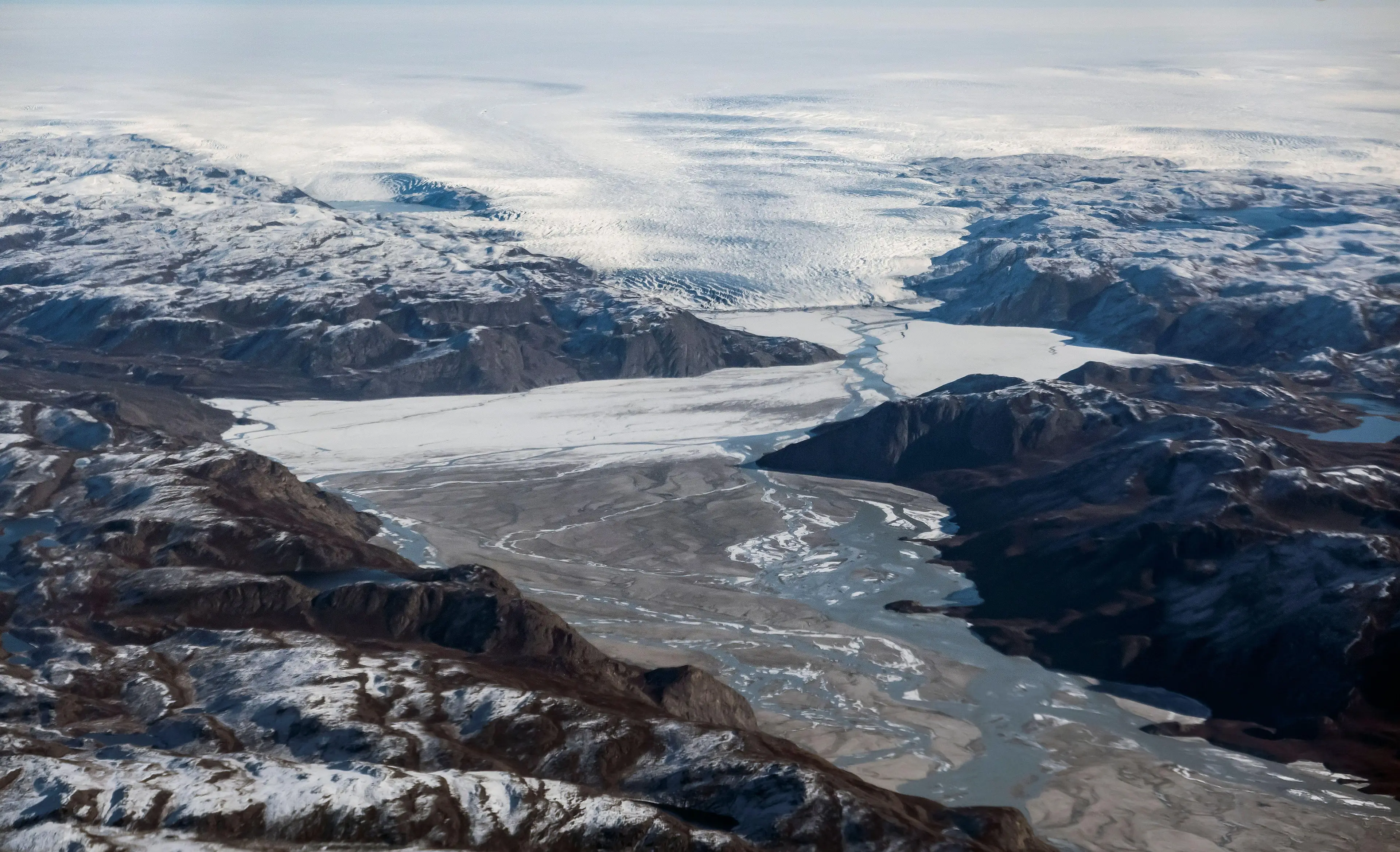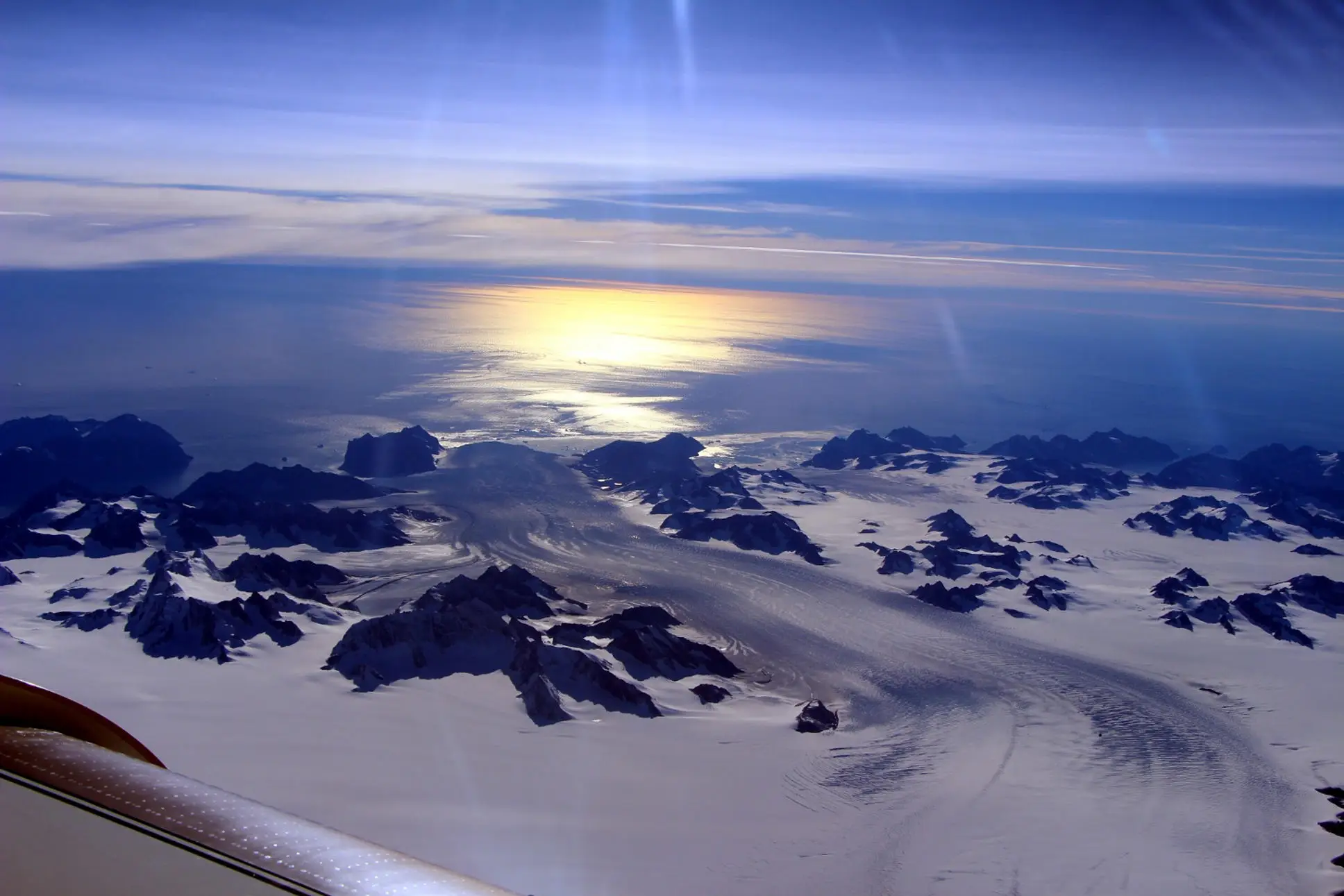
Greenland has lost 18 billion tons of water during a freak three-day heatwave as the Earth continues to reach exceedingly high temperatures.
inews reports that one of the world’s biggest ice sheets, which stores enough water to raise sea levels by 7.42 m (24.3 feet) globally, is melting at a record-breaking rate.
Last weekend, northern Greenland’s temperature reached 15 degrees Celsius (60 Fahrenheit), 10 degrees warmer than what it usually is this time of year, according to CNN.

Advert
Between July 15-17, Greenland’s ice sheet melted 18 billion tons of ice, with scientists warning that sea levels are continuing to accelerate quickly.
That ends up being six billion tons per day.
According to the US National Snow and Ice Data Centre's data, the most recent ice melting equates to 7.2 million Olympic-sized swimming pools.
That’s enough to cover the entire of West Virginia in a foot of water.
Senior research scientist at the National Snow and Ice Data Centre based at the University of Colorado Ted Scambos told the outlet: "The northern melt this past week is not normal, looking at 30 to 40 years of climate averages.
"But melting has been on the increase, and this event was a spike in melt."

Senior scientist in the National Centre for Atmospheric Research’s Climate and Global Dynamics Laboratory William Lipscomb told USA TODAY: "In recent years, we've seen a lot of heat waves in Greenland, this recent warming of it being one example.
"Any temperature above freezing can cause some surface melting."
Last year, Greenland’s ice sheet also experienced unprecedented levels of melting as it reached an all-time record-breaking temperature of 19.8 degrees Celsius (67.6 Fahrenheit), according to The Guardian.
This time last year, the ice sheet lost so much water that it could cover the whole of Florida in two inches (five cm) of water.
Glacier expert at Columbia University and adjunct scientist Marco Tedesco at NASA said: “It’s a very high level of melting and it will probably change the face of Greenland, because it will be a very strong driver for an acceleration of future melting, and therefore sea-level rise.”
He added: “We had these sort of atmospheric events in the past but they are now getting longer and more frequent.”
According to a report conducted by the UN's Intergovernmental Panel on Climate Change, even if humankind significantly reduces greenhouse gas emissions, sea levels are expected to rise by half a metre (19.6 inches) by the end of the century.
Topics: News, Science, Environment, Global Warming, World News